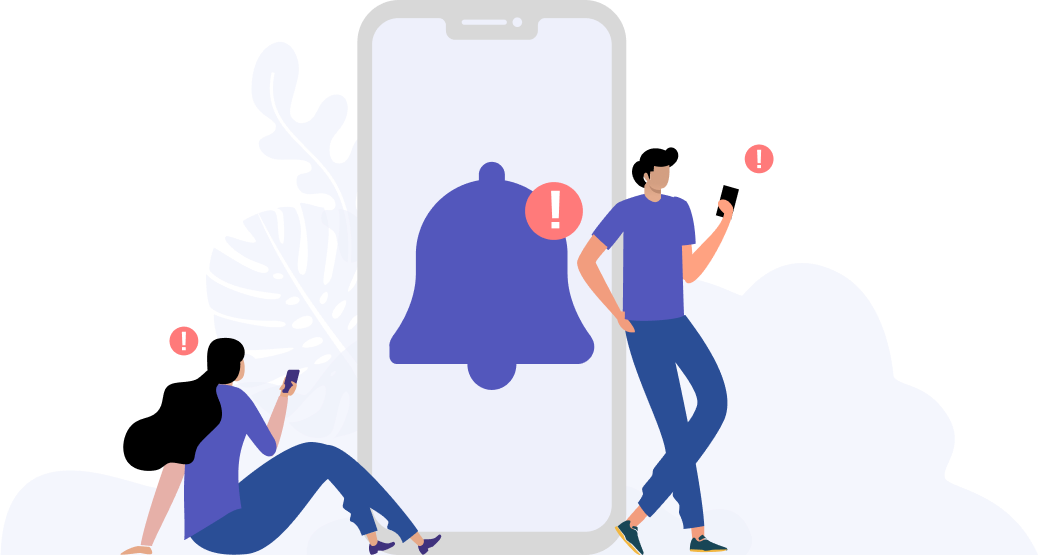Why do my eyelids always twitch?
Are those little spasms just annoying or a sign of something more serious?

Eyelid twitches, medically known as myokymia, are repetitive and involuntary spasms of the muscles in the eyelids. Twitches usually occur in the upper eyelids, but may occur in either the upper or lower lids. Most of the time, these twitches are no cause for worry. They may be incredibly annoying and distracting, but in most cases they are mild, painless, and usually go away on their own.
What causes our eyelids to twitch?
You may be relieved to know that, if you are the kind of person that suffers from the aggravation of harmless or benign eyelid twitches, there may be lifestyle factors that you can change to quickly and effectively reduce their frequency or duration.

Some of the most common lifestyle factors that are associated with benign eyelid twitches include:
Stress
Fatigue
Sleep deprivation
Eye strain
Caffeine intake
Alcohol intake
Dry eyes
Allergies
Bright light
Smoking
Managing eyelid twitches
It may be of no great surprise that stress and sleep-related factors are some of the most common causes of twitchy eyelids. Some of these factors may be easier to manage than others. Of course, it is not possible to completely eliminate stress from your life, but making little changes can go a long way. For example, if you have noticed your eyelids twitching whenever you have a cup of coffee, cutting back on caffeine by switching to decaf coffee or tea may be the solution to your problem.
If anxiety or stress are your triggers, try making time to de-stress with exercise, meditation or quality time with the people you love. And of course, get your sleep hygiene under control. Have a bedtime routine and keep technology out of the bedroom before bed.
What if my eyelid twitches don’t go away or they get worse?
It should be noted that although the vast majority of twitchy lids are harmless and can be fixed with a good night’s sleep and a few less cups of jitter juice, in some cases, they may point to something more sinister.
For example, if you notice that your eyelid twitches are not going away and are becoming more severe, perhaps even severe enough to cause both eyelids to close fully, you may have a rare condition known as blepharospasm, also known as benign essential blepharospasm which occurs when the part of the brain that controls your eyelid muscles stops working correctly.
Blepharospasm belongs to a group of conditions known as dystonias, which are movement disorders that are chronic and often progressive – meaning they get worse with time – that result in the muscles in the body contracting uncontrollably and repetitively.
People with blepharospasm can develop severe eyelid twitching that is long-term. Persistent twitching in other facial muscles may also be a sign of blepharospasm. If you notice these symptoms or if your twitches are getting worse, it may be a good time to visit a doctor or optometrist.
Managing blepharospasm
Blepharospasm has no cure but it can be managed quite effectively. The most common treatment is Botox. Yes, you read that correctly. The very same Botox used by celebrities to hide their wrinkles from the prying eyes of the public. The active ingredient in Botox is botulinum toxin which, when injected into the muscles, paralyzes them and stops them from twitching (or frowning). This treatment works for up to 90% of people and typically requires repeat injections around every four months.
Other treatments may include surgeries to remove the offending muscle, or less successfully, other kinds of medications such as muscle relaxants or drugs used to treat Parkinson’s Disease.
Indeed, persistent eyelid twitches may also be a symptom of Parkinson’s disease or other neurological problems such as multiple sclerosis.
Other underlying health problems associated with eyelid twitches include:
Blepharitis (eyelid inflammation)
Corneal abrasion
Dry eyes
Uveitis (eye inflammation that can lead to vision loss)
Usually those pesky twitches will disappear, but if they bother you, keep an eye on them and book an appointment with your optometrist for a check-up.
Tools Designed for Healthier Eyes
Explore our specifically designed products and services backed by eye health professionals to help keep your children safe online and their eyes healthy.





